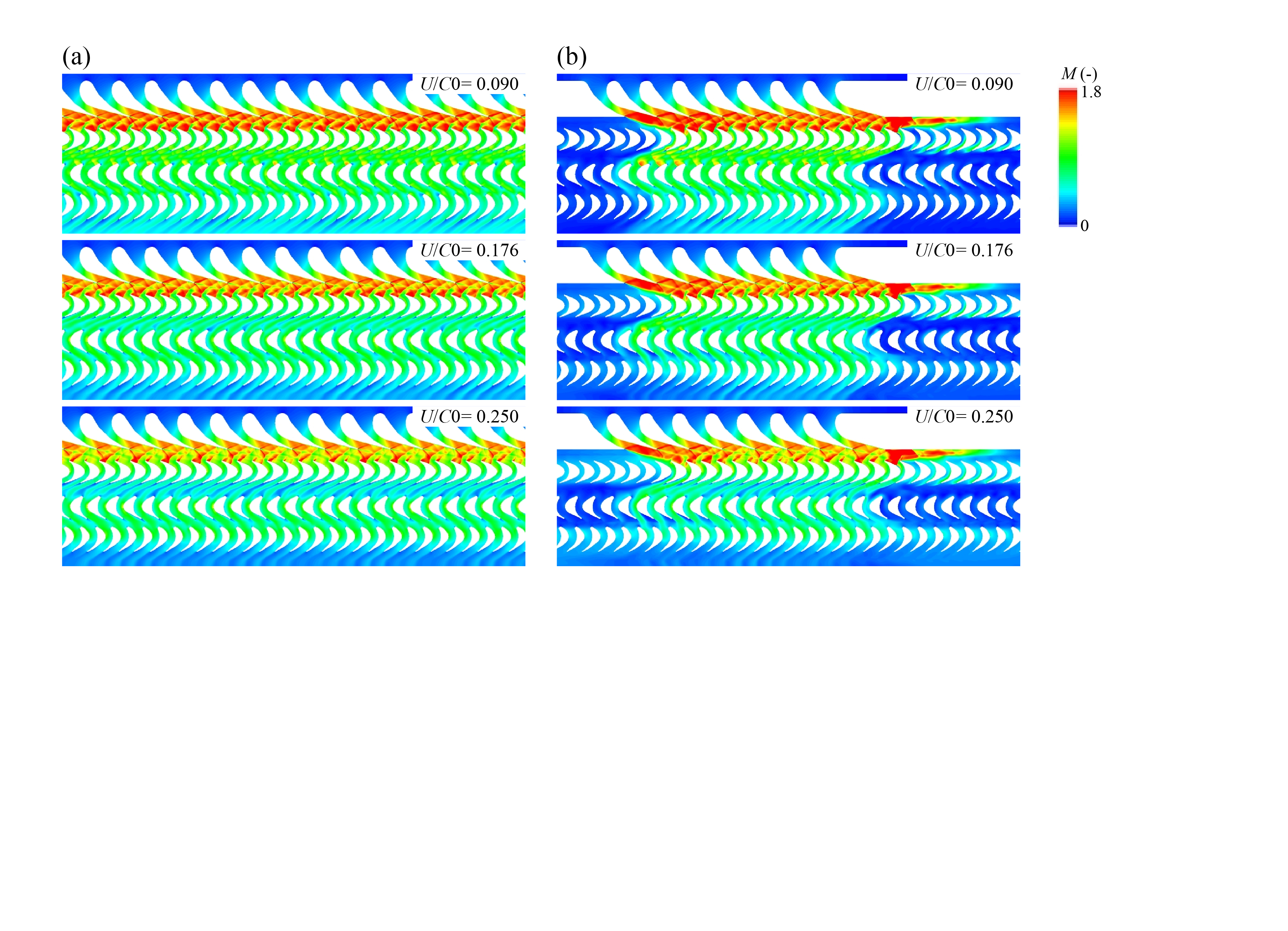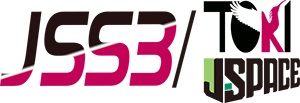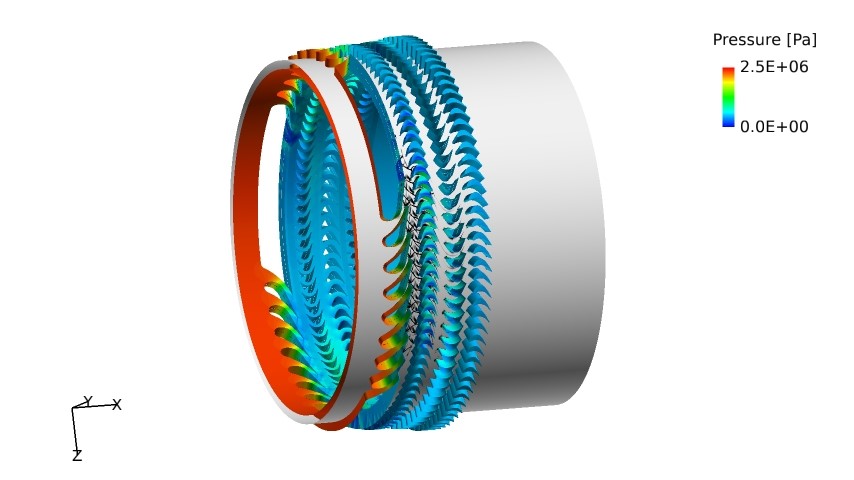Numerical Simulation of Rocket Turbopumps
JAXA Supercomputer System Annual Report February 2021-January 2022
Report Number: R21EG3214
Subject Category: Research and Development
- Responsible Representative: Taro Shimizu, Research and Development Directorate, Research Unit III
- Contact Information: Satoshi Ukai(ukai.satoshi@jaxa.jp)
- Members: Hiroaki Amakawa, Yu Daimon, Taroh Fukuda, Hironori Fujiwara, Osamu Fukasawa, Yuuichi Kunishima, Ashvin Hosangadi, Hideyo Negishi, Takenori Nakajima, Yoichi Ohnishi, Shinji Ohno, Andrea Zambon, Masashi Toyama, Satoshi Ukai, Keita Yamamoto
Abstract
Turbopumps are still one of key components in liquid rocket engine development in terms of cost, time, and risks. Furthermore, a turbopump itself is a complex system consisting of sub-components such as pump, turbine, bearing, balance piston, sealing and so on. From numerical simulation technology point of view, there is no technology able to evaluate performance of an entire turbopump system in the world. And also, accuracy and fidelity of numerical simulation technology for sub-components are still poor and cannot be used to reduce the number of experiments. Therefore, experiments are indispensable to evalute feasibility of considered design in engine development.
In this study, numerical simulation technology of an entire turbopump system able to be applicable in engine design phase has been developed enhancing accuracy and fedelity. We are aiming at reducing cost and time for future engine development by making full use of our numerical simulation to reduce the number of experiments. And also, innovative design methodology for higher performance rocket turbopumps has been investigated by using our numerical simulations.
Reference URL
Please refer to https://stage.tksc.jaxa.jp/jedi/simul/index.html .
Reasons and benefits of using JAXA Supercomputer System
In this study, JSS3 has been used because of the following reasons:
(1) To make it possible to perform large-scale numerical simulations with high accuracy and fidelity
(2) To produce a lot of computed results on time within limited short period of time under JAXA’s rocket development
(3) To ensure information security about rocket-related technical information in JAXA’s network only
Achievements of the Year
In the fiscal year 2021, the three-dimensional compressible URANS simulation taking into account to simulate flow within turbines. The computed results showed that turbine efficiencies agreed well with experimental results within 4% error. Then, the method is applied to a partial admission turbine, and also showed good agreement with experimental results. Moreover, a new approach to estimate an efficiency of a partial admission turbine is proposed. Fig. 1 demonstrate pressure and density gradient distributions within the partial admission turbine. Fig. 2 shows the flow within the full and partial admission turbine under different operating conditions.
At the same time, a new method to predict a variable stress on turbine blades under resonance conditions is proposed and tested against multiple test cases, and numerical predictions were shown to be in the same order of the experimental results.
The developed numerical simulation approach has been employed in the booster engine LE-9 development of H3 launch vehicle.

Fig.2: Distribution of the Mach number at the mid-span plane at different operating conditions( U=C0 = 0.09, 0.176 and 0.250) for a full admission and a partial admission turbine.
Publications
N/A
Usage of JSS
Computational Information
- Process Parallelization Methods: MPI
- Thread Parallelization Methods: FLAT
- Number of Processes: 4800 – 20160
- Elapsed Time per Case: 300 Hour(s)
JSS3 Resources Used
Fraction of Usage in Total Resources*1(%): 3.33
Details
Please refer to System Configuration of JSS3 for the system configuration and major specifications of JSS3.
| System Name | CPU Resources Used(Core x Hours) | Fraction of Usage*2(%) |
|---|---|---|
| TOKI-SORA | 78180127.04 | 3.80 |
| TOKI-ST | 127522.22 | 0.16 |
| TOKI-GP | 0.00 | 0.00 |
| TOKI-XM | 0.00 | 0.00 |
| TOKI-LM | 51111.69 | 3.81 |
| TOKI-TST | 52.91 | 0.00 |
| TOKI-TGP | 0.00 | 0.00 |
| TOKI-TLM | 0.00 | 0.00 |
| File System Name | Storage Assigned(GiB) | Fraction of Usage*2(%) |
|---|---|---|
| /home | 634.28 | 0.63 |
| /data and /data2 | 47271.32 | 0.51 |
| /ssd | 5360.47 | 1.38 |
| Archiver Name | Storage Used(TiB) | Fraction of Usage*2(%) |
|---|---|---|
| J-SPACE | 13.63 | 0.09 |
*1: Fraction of Usage in Total Resources: Weighted average of three resource types (Computing, File System, and Archiver).
*2: Fraction of Usage:Percentage of usage relative to each resource used in one year.
ISV Software Licenses Used
| ISV Software Licenses Used(Hours) | Fraction of Usage*2(%) | |
|---|---|---|
| ISV Software Licenses(Total) | 2325.67 | 1.63 |
*2: Fraction of Usage:Percentage of usage relative to each resource used in one year.
JAXA Supercomputer System Annual Report February 2021-January 2022



